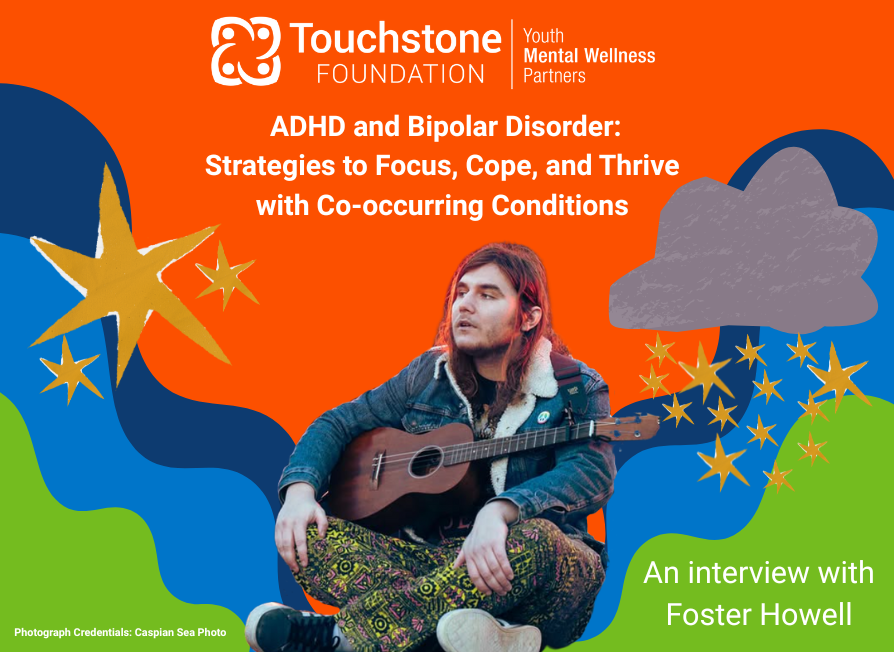 Recent evidence suggests that nutrition is an essential component of mental health. Additionally, a number of mental health conditions — depression, schizophrenia, attention deficit hyperactivity disorder — may be influenced by dietary factors.
Recent evidence suggests that nutrition is an essential component of mental health. Additionally, a number of mental health conditions — depression, schizophrenia, attention deficit hyperactivity disorder — may be influenced by dietary factors.
According to the National Center on Health, Physical Activity and Disability (NCHPAD), “Food and the chemicals in our brains interact to keep us going throughout the day. It is important to eat a variety of health foods, as they have different effects on our brains.” Poor nutrition or lack of a variety of health foods can contribute to depression by limiting the availability of valuable nutrients.
It is important to choose foods that are packed with as many nutrients in as few calories as possible. Nutrients that may be helpful for preventing or combating mental health issues include Zinc, Omega-3s, Iron and B vitamins. “Fermented food such as kefir, sauerkraut, kimchi, and yogurt with live cultures, which provide good gut bacteria, may help reduce anxiety, stress and depression,” reports WebMD.
Food Insecurity & Mental Health
Recent findings suggest that the lack of access to reliable and sufficient amounts of food is associated with an increased risk for adolescent mental disorders. In December 2012 study published by the Journal of the American Academy of Child and Adolescent Psychiatry, 20% of U.S. families with children experience some degree of food insecurity. The study suggests that food insecurity was associated with elevated risk for “mood, anxiety, behavioral and substance disorders”.
Interested in learning more about our work within the community to promote nutrition and resolve food insecurity? Contact us today!




